Above all else, they must sleep. They have to sleep. The theories for why we need to sleep are varied, but they all converge on the brutal necessity that we need consistent sleep routines.
According to the Gospel written by St. Matthew, Christ fasted for forty days in the wilderness before being tempted by the devil. But lo, nowhere does it say that Christ went without sleep during these forty days. So then, even God in the Incarnate Form seems to have needed sleep.
The Sleeping Gypsy by Henri Rousseau, 1897, on display at MoMA
There is a lot of controversy and debate about how to help babies sleep, so I will steer clear of this topic and direct folks to consider this resource for infant sleep guidance and references.
The things I would be willing to do to help my children sleep are too endless to count. Sleep is so incredibly important and necessary for adaptive daily functioning that I often do everything I can in my personal and professional life to steer others toward the best possible sleep time.
I want to share with you a blog I stumbled upon a few months ago that does a fantastic job synthesizing and distilling the clinical research related to the importance of sleep routines. This website by Craig Canapari, MD from Yale is a quick, personable, and approachable read.
I appreciate his website for a variety of reasons, but here are the main ones:
He's able to take and integrate multiple perspectives in his writing and recommendations.
It's pretty transparent that he is open to diverse parenting-styles and family dynamics.
He writes with an eye for the research and ear for what parents might use in their homes.
I loved his post on harnessing sleep rhythms for better sleep routines.
I also strongly recommend this post as we creep up on daylight saving time (November 4).
Some quick thought nuggets regarding sleep for children and adults alike:
Knowing thyself and your daily rhythms. Do you know when you generally become most tired or drowsy? Do you know the same for your child? Track it!
Viewing technology prior to sleep onset is prohibitive for a variety of reasons. I strongly encourage families, if and where they can, to set clear limits on when technology goes away for the evening and where this technology is stored/kept safe over night.
Finding a routine that works for you/your kids is key. Rather than trying to make your family or child conform to other people's presentation of their own perfection, look for what works for you and your family and then find a way to stick to it most of the time. Consistency is the critical part.
If it were not already obvious, I am pretty passionate about this topic. One of my first blog posts provided advice and tips about "Bedtime Routines". The following post was "Product Review: Teach Me Time Clock," which we use in our house to help manage our children's nightly slumber times [Bonus: the price has come down since we first purchased it in 2014]. As I shared in my last post “Third Time’s The Charm” our youngest has needed our help throughout his whole life (all 17 months and counting) to achieve consistent, sleep-through-the-night sleep. I use these resources and suggestions in my personal life every evening, along with a prayer for a good night’s sleep.




